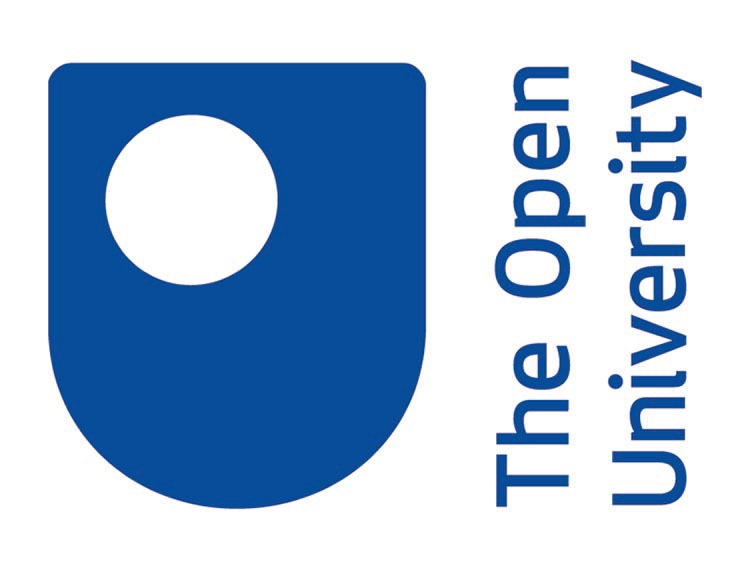The Open University welcomes the release of the Higher Education Policy Institute (HEPI) and the charity Brightside’s new collection of essays on widening access to university written by senior higher education figures.
Laura Burley, Head of Government & External Affairs at The Open University, said:
“We are heartened to see so many influential voices and views from across the UK represented in HEPI’s new collection of essays. We are particularly pleased to see that access to part-time education is acknowledged as having a crucial role to play in opening up university education to more people and helping to solve some of the challenges the UK faces around skills gaps and social mobility.
“As the UK’s only four-nation university, it is extremely encouraging to see that this collection also highlights the different policy approaches across the nations, and their impact on students from disadvantaged backgrounds.
“The UK needs a diverse and flexible higher education system if it is going to meet the economic challenges of a post-Brexit Britain. Part-time higher education is a cost-effective way to unlock the country’s potential and to develop the UK workforce to ensure we have the skills we need for the future.”
‘Where next for widening participation and fair access? New insights from leading thinkers’ is released today (14 Aug) by HEPI and the social mobility charity Brightside. Vice-Chancellor of The Open University, Peter Horrocks, has contributed an essay to the collection entitled Personalised Learning Accounts which outlines how these accounts could be used to widen access and to help the UK create a workforce able to rapidly adapt to future challenges.
About The Open University: The Open University (OU) is the largest academic institution in the UK and a world leader in flexible distance learning. Since it began in 1969, the OU has taught more than 1.8 million students and has almost 170,000 current students, including more than 15,000 overseas.
Over 70% of students are in full-time or part-time employment, and four out of five FTSE 100 companies have sponsored staff to take OU courses.
In the latest assessment exercise for university research (Research Excellence Framework, 2014), nearly three quarters (72%) of The Open University’s research was assessed as 4 or 3 star – the highest ratings available – and awarded to research that is world-leading or internationally excellent. The Open University is unique among UK universities having both an access mission and demonstrating research excellence.
The OU has a 42 year partnership with the BBC and has moved from late-night lectures in the 1970s to co-producing around 35 prime-time series a year such as The Hunt, Exodus: Our Journey to Europe, Full Steam Ahead and The Big C and Me on TV, and Inside Science, The Bottom Line and Thinking Allowed on Radio 4. Our OU viewing and listening events attracted 250m people in the UK last year which prompted more than 780k visits to the OU’s free learning website,
OpenLearn.
Regarded as the UK’s major e-learning institution, the OU is a world leader in developing technology to increase access to education on a global scale. Its vast ‘open content portfolio’ includes free study units, as well as games, videos and academic articles and has reached audiences of up to 9.8 million across a variety of online formats including OpenLearn, YouTube and iTunes U.
About The Higher Education Policy Institute (HEPI): HEPI was established in 2002 to shape the higher education policy debate through evidence. We are UK-wide, independent and non-partisan. We are funded by organisations and universities that wish to see a vibrant higher education debate as well as through our own events.
About Brightside: Brightside is a charity, established in 2003, which provides the young people that need it most with knowledge, support and connections so that they can make confident and informed decisions that enable them to fulfil their potential. Brightside currently works with over 60 organisations including universities, charities and leading businesses to mentor over 10,000 young people a year.


Responses